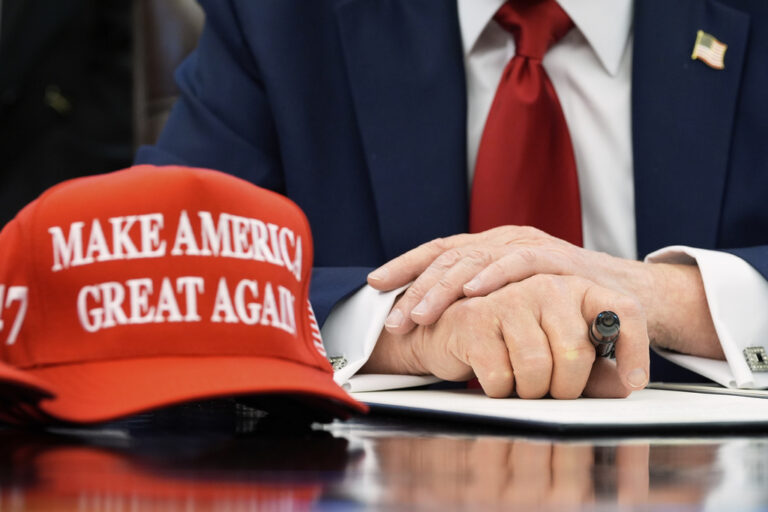 Congress is growing increasingly wary of controversial National Security Agency domestic surveillance programs, a concern likely to erupt during legislative debate _ and perhaps prod legislative action _ as early as next week.
Congress is growing increasingly wary of controversial National Security Agency domestic surveillance programs, a concern likely to erupt during legislative debate _ and perhaps prod legislative action _ as early as next week.
Skepticism has been slowly building since last month’s disclosures that the super-secret NSA conducted programs that collected Americans’ telephone data. Dozens of lawmakers are introducing measures to make those programs less secret, and there’s talk of denying funding and refusing to continue authority for the snooping.
The anxiety is a sharp contrast to June’s wait-and-see attitude after Edward Snowden, a government contract worker, leaked highly classified data to the media. The Guardian newspaper of Britain reported one program involved cellphone records. The Guardian, along with The Washington Post, also said another program allowed the government access to the online activity of users at nine Internet companies.
Obama administration officials quickly provided briefings about the programs, and they continue to have strong defenders at the Capitol. “People at the NSA in particular have heard a constant public drumbeat about a laundry list of nefarious things they are alleged to be doing to spy on Americans _ all of them wrong,” House Intelligence Committee Chairman Mike Rogers, R-Mich., said last month. “The misperceptions have been great, yet they keep their heads down and keep working every day to keep us safe.”
Most in Congress remain reluctant to tinker with any program that could compromise security, but lawmakers are growing frustrated. “I think the administration and the NSA has had six weeks to answer questions and haven’t done a good job at it. They’ve been given their chances, but they have not taken those chances,” said Rep. Rick Larsen, D-Wash.
The House of Representatives could debate one of the first major bids for change soon. Rep. Justin Amash, R-Mich., is trying to add a provision to the defense spending bill, due for House consideration next week, that would end the NSA’s mass collection of Americans’ telephone records. It’s unclear whether House leaders will allow the measure to be considered.
Other legislation could also start moving. Larsen is pushing a measure to require tech companies to publicly disclose the type and volume of data they have to turn over to the federal government. Several tech firms and civil liberties groups are seeking permission to do so.
Other bipartisan efforts are in the works. Thirty-two House members, led by Amash and Rep. John Conyers, D-Mich., are backing a plan to restrict Washington’s ability to collect data under the Patriot Act on people not connected to an ongoing investigation. Also active is a push to require the Foreign Intelligence Surveillance Court, which rules on government surveillance requests, to be more transparent.











One Response
We don’t trust you. We don’t want a police state. We don’t want to answer questions about every toll booth we’ve went through. We don’t want to answer questions about our email, telephone calls, or pictures stored on Google drive. The eager beaver cops and aggressive persecutors make too many mistakes to be given this sort of power. In a state of hot war, maybe. In peace time never.